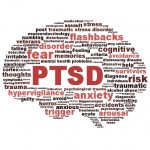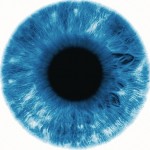
In those with post-traumatic stress disorder (PTSD), alcohol abuse or dependence is the most common co-morbid disorder. Unfortunately, although individuals with PTSD and alcohol dependence (AD) often have complex needs, the treatments available usually only target one issue. This is often due to specialist treatment services not having access to treatments for comorbid disorders, and [read the full story…]











